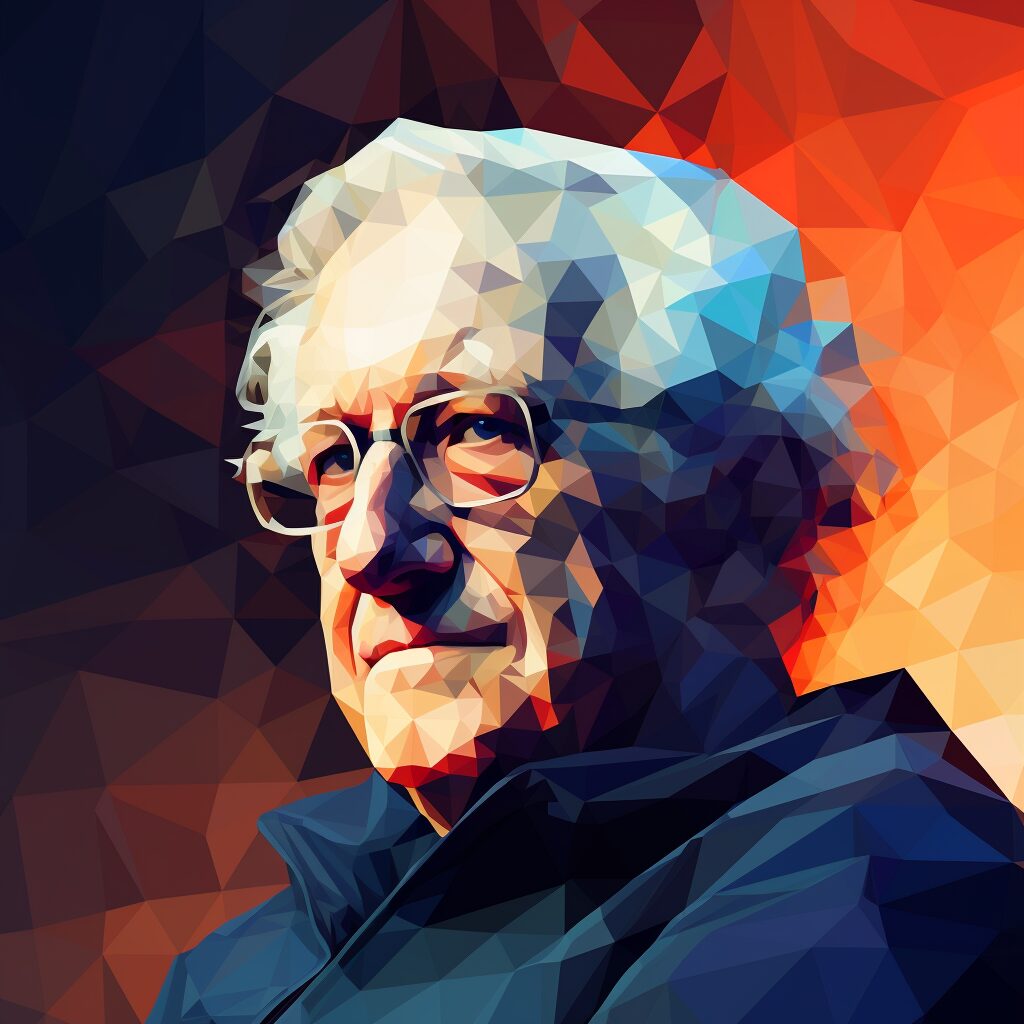'Terrorism' Quotes
Terrorism quotes have played a significant role in shaping the way individuals and society perceive and respond to acts of terror. From famous figures like Nelson Mandela and Martin Luther King Jr. to modern-day leaders, these quotes have inspired and motivated people to stand against violence and p…Read More
Terrorism quotes have played a significant role in shaping the way individuals and society perceive and respond to acts of terror. From famous figures like Nelson Mandela and Martin Luther King Jr. to modern-day leaders, these quotes have inspired and motivated people to stand against violence and promote peace. They have also shed light on the historical context of terrorism, reminding us of the devastating consequences it has had on innocent lives. Despite the passage of time, terrorism quotes continue to resonate and serve as a powerful reminder of the need for unity and resilience in the face of terror.Read Less
Terrorism quotes have played a significant role in shaping the way individuals and society perceive and respond to acts of terror. From famous figures like Nelson Mandela and Martin Luther King Jr. to modern-day leaders, these quotes have inspired and motivated people to stand against violence and promote peace. They have also shed light on the historical context of terrorism, reminding us of the devastating consequences it has had on innocent lives. Despite the passage of time, terrorism quotes continue to resonate and serve as a powerful reminder of the need for unity and resilience in the face of terror.
99 Notorious 'Terrorism' Quotations and Sayings
Terrorism – Symbolic Value
Terrorism is a term that has become all too familiar in our modern world. It is often used to describe acts of violence and destruction carried out by individuals or groups with the intention of creating fear and chaos. However, beyond its literal definition, terrorism also holds a symbolic value that goes beyond its physical impact.The word “terrorism” itself carries a powerful connotation, evoking feelings of fear, anger, and helplessness. It has become a symbol of the ongoing struggle against violence and extremism, and the constant threat it poses to our safety and security. This symbolic value is further reinforced by the use of the word in political rhetoric and media coverage, which often portrays terrorism as a global phenomenon that requires a united effort to combat.
Terrorism – Cultural and Historical Significance
Terrorism is not a new concept, and its roots can be traced back to ancient times. Throughout history, various groups and individuals have used violence as a means to achieve their political, religious, or ideological goals. From the assassinations of Julius Caesar and Abraham Lincoln to the anarchist movements of the late 19th and early 20th centuries, terrorism has been a recurring theme in human civilization.In some cultures, terrorism has been glorified and celebrated as a means of resistance against oppression and injustice. For example, the term “freedom fighter” is often used to describe individuals or groups who engage in acts of terrorism in the name of liberation. This cultural significance of terrorism highlights the complex and subjective nature of the term, as what may be considered terrorism by one group may be seen as a heroic act by another.
Terrorism – Common Themes in Motivational Contexts
While the motivations behind acts of terrorism may vary, there are some common themes that can be observed in the mindset of those who engage in such acts. These include a sense of injustice, a desire for revenge, a need for recognition and attention, and a belief in the righteousness of their cause.Terrorists often see themselves as victims of oppression or discrimination, and their actions are seen as a way to fight back against their perceived oppressors. They may also seek revenge for past wrongs or injustices, using violence as a means of retaliation. Additionally, the desire for recognition and attention can be a powerful motivator for terrorists, as their actions often garner widespread media coverage and public attention.
Terrorism – Portrayal in Art and Media
The concept of terrorism has been a popular subject in art and media, with countless books, movies, and TV shows depicting acts of terrorism and their impact on society. These portrayals often focus on the human side of terrorism, exploring the motivations and emotions of both the perpetrators and the victims.In recent years, there has been a growing trend of humanizing terrorists in media, portraying them as complex individuals with their own struggles and justifications for their actions. This has sparked debates about the ethical implications of such portrayals and their potential to glorify or justify acts of terrorism.
Terrorism – Impact on Understanding of Life and Society
The prevalence of terrorism in our world has had a profound impact on our understanding of life and society. It has forced us to confront the harsh realities of violence and extremism, and to question our beliefs and values. It has also led to increased security measures and a heightened sense of fear and suspicion, changing the way we interact with each other and the world around us.Moreover, the constant threat of terrorism has also had a significant impact on our mental and emotional well-being. The fear and anxiety caused by the possibility of an attack can have long-lasting effects on individuals and society as a whole.In conclusion, terrorism is a complex and multifaceted concept that goes beyond its literal definition. It holds a symbolic value that reflects our ongoing struggle against violence and extremism, and its cultural and historical significance highlights the subjective nature of the term. By understanding the common themes and motivations behind acts of terrorism, we can gain a deeper insight into this phenomenon and its impact on our understanding of life and society.














